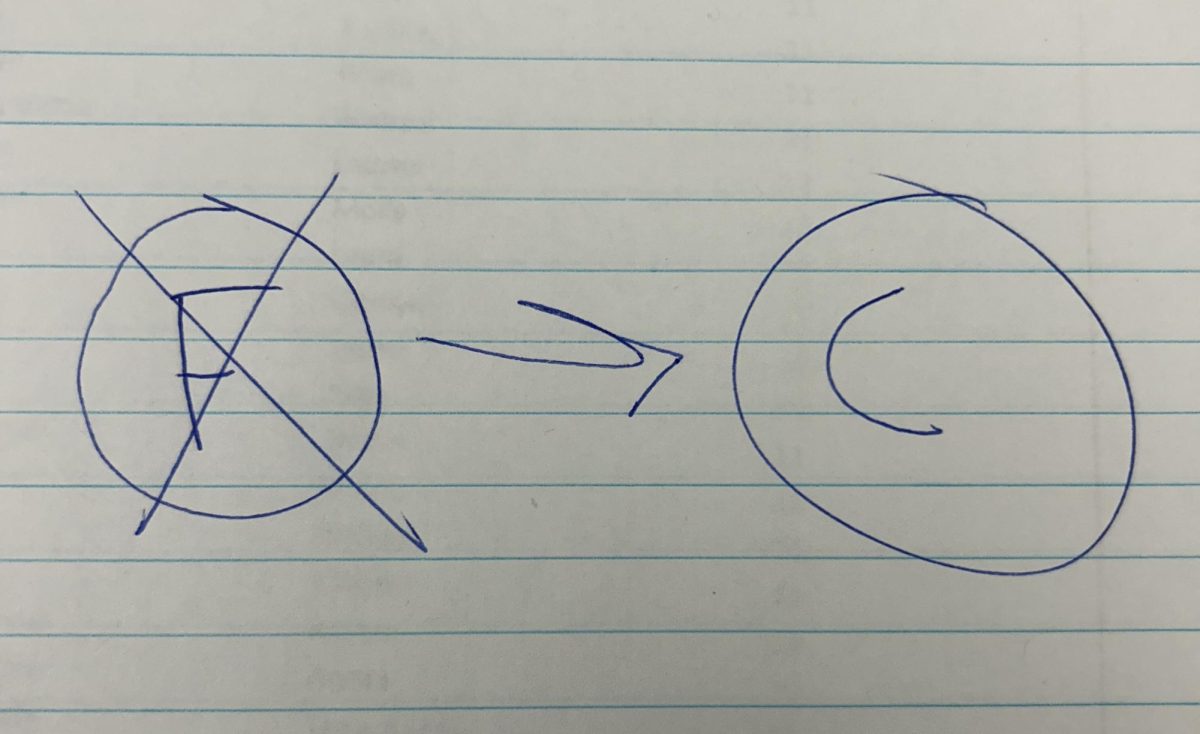On October 19th, at Pleasant Valley High School, parents of Geometry students received an email stating any students that score below a 70% on assessments will be assigned to an academic study hall. The email is in response to students failing to complete homework assignments.
The Geometry situation at PV is not an isolated incident, but rather an example of a national struggle: students are not allowed to fail.
Grade point averages nationwide continue to increase while ACT scores decrease. How can students be getting higher grades but doing worse on standardized tests?
One major reason for this difference is the lack of motivation for students. The ACT is currently not required at many universities. And in the classroom, students often ignore homework that isn’t graded. Math teacher Shelli Paustian has witnessed this trend in her own classes, “In general, kids don’t want to do homework. They don’t want to practice anything. They don’t want to try to get better just to get better.”
Teachers have tried their best to motivate students to complete their coursework, and the academic study hall for Geometry is only the most recent installment.
Nicholas Sacco, a math teacher at Pleasant Valley, explained how reassessment policies have been put in place to help students. “For Algebra 2 we put together a retake policy. We worked really hard to find a reassessment policy that would be fair for students but also wouldn’t let them take advantage of not giving their best effort and making up for it by retaking the test,” he said.
While reassessment policies are meant to help students increase their grade, they also provide opportunities for students to put even less effort into their learning while still reaping the benefits. Despite that, students still manage to avoid failing grades due to a stigmatization of letting students experience failure.
“I don’t want kids to fail, but I also can’t make them do things that they don’t want to do,” said Paustain.
Teachers are currently working in an environment where students want to do anything but learn while administrators want to see the district achieving high grades and scores on standardized tests like the ACT and Iowa State Assessment of Student Progress (ISASP).
“It’s obvious that students want to give their attention to the cell phone more than they want to with their learning. I think that there is a time and place to be able to use the technology, but probably their biggest struggle is being able to determine when that time is,” said Sacco.
Paustian has also seen the change in student prioritization to things other than their schoolwork. “Many students have trouble thinking past five minutes from now. Sometimes they don’t realize the repercussions of not doing something today and how that could affect [them] tomorrow,” she said. Students don’t realize that if they don’t put effort into their classes that they are going to have a hard time succeeding in this.
While avoiding a failing grade may be considered success for some students, receiving a D- instead of an F will not help them in the real world. “Is success passing the class or is success two years from now [the students] are productive members of society? I think that we have less failures today, but I don’t know if we have more successful adults today,” said Paustian.
Paustian has first hand experience on the shortcomings that current students are experiencing in the workforce.
At the end of the day, teachers still believe in their students and hope students will work with them to succeed in both education and life. “I think students still want to do well,” said Sacco. “I know that I’m going to do everything I can to help students succeed, but every student has to meet me somewhere. It can’t be entirely on me to do everything for them, but I’m going to do everything in my power to help them be successful.”









